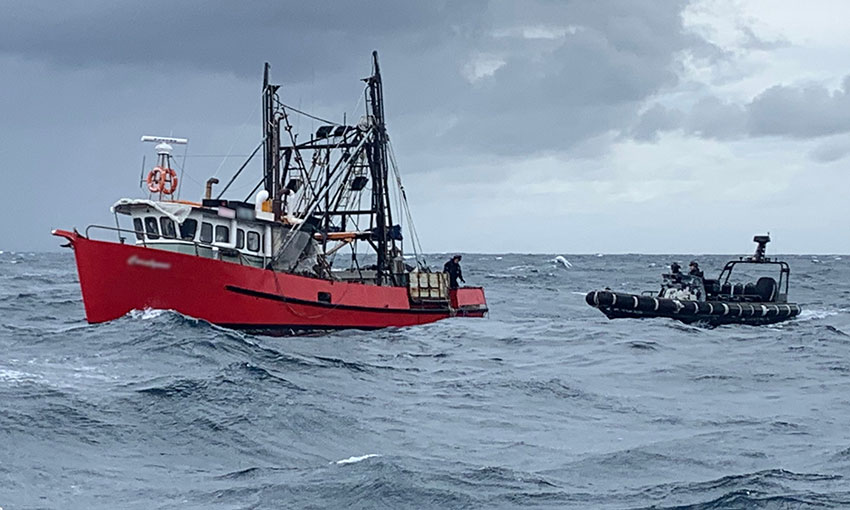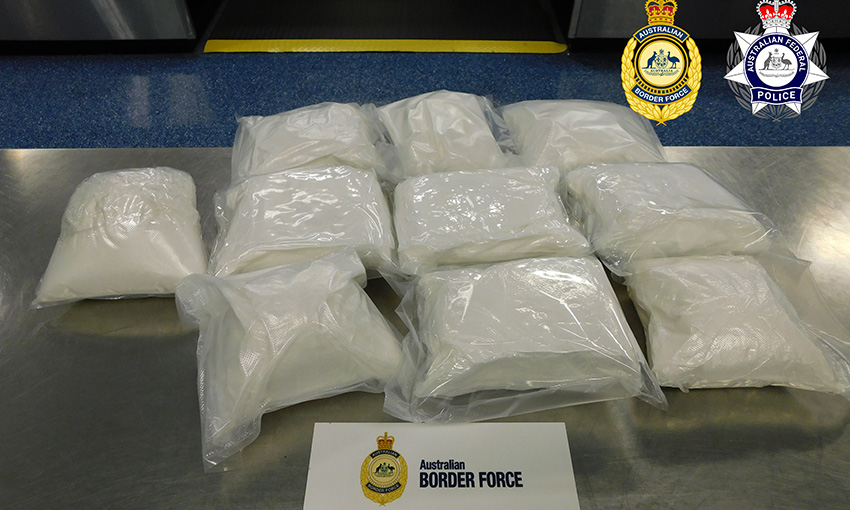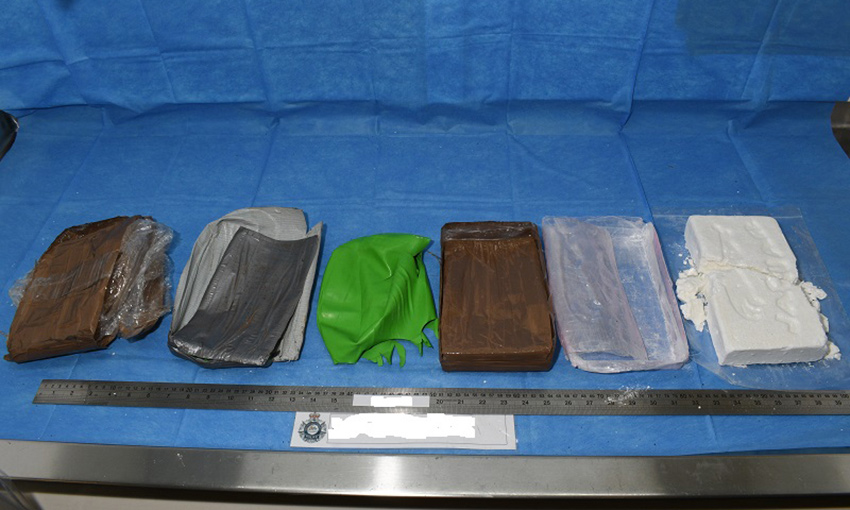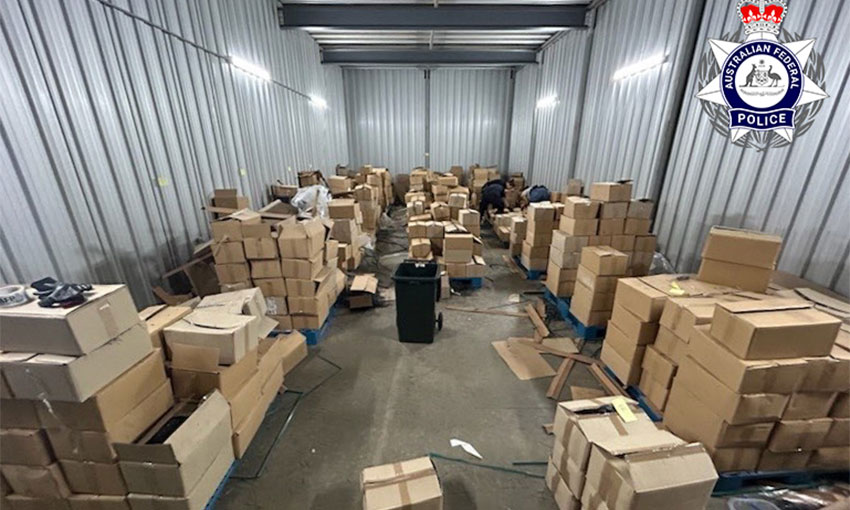REPRESENTATIVES from shipping companies and customs authorities around the world met in Brussels recently to strategise ways to step up the fight against drug trafficking.
A conference organised by the World Shipping Council and the Container Control Program in June gave companies and authorities the space to share challenges and information around the exploitation of the ocean liner link in the supply chain.
The Container Control Program is a joint initiative between the UN Office on Drugs and Crime (UNODC) and the World Customs Organization (WCO).
According to UNODC’s World Drug Report 2021, the resilience of drug markets during the pandemic has demonstrated traffickers’ ability to adapt to changed environments and circumstances.
The report suggests this ability has been evidenced by increasingly large shipments of illicit drugs, as well as a rise in the frequency of trafficking via overland and waterway routes.
WSC said the goal of the conference was to counter these recent developments by enhancing relationships and communications between the ocean liner industry and customs officials.
Australian customs authorities were reportedly present at the conference, alongside officials from Ecuador, Panama, Belgium, the Netherlands, the United Kingdom, France, Germany, Italy, Spain, Portugal, Malta, Turkey, India, New Zealand, Canada and the United States.
WSC said carriers provided insights into the everyday operations of the maritime industry and the strategies and procedures they use to prevent crime.
The carriers are understood to have discussed establishing lines of communication and building relationships with customs authorities.
WSC highlighted several prevalent themes at the conference, namely the need for greater transparency of information on container shipment data, the need for cross-training efforts between customs and liner carriers and the need to identify and remove insider threats.
The discussions seem to reflect recent talks in Australia around the threat of criminal syndicates embedded in supply chains, and how industry collaboration can help remove them.
WSC president and CEO John Butler described narcotics as a “scourge” for societies around the world, “destroying lives, families and communities”.
“Liner carriers will not tolerate having their services abused by criminals, and WSC is committed to supporting the customs community with insight into ocean liner industry operations, providing open communications and exchanging information to combat drug traffickers,” he said.
WCO Container Control Program senior coordinator Norbert Steilen said the UNODC and WCO look forward to working with the WSC and its members to develop training and awareness activities.
“We need to sensitise each other to understand how we can work together for the benefit of us all, and increase the likelihood of detecting illegal shipments, while at the same time facilitating legal trade,” Mr Steilen said.
WSC said together with the WCO and UNODC it intends to build on the network of conference delegates to enhance the fight against the illicit drug trade.
“The team in charge of managing the CCP and all the 123 units created at ports across the world are committed to further developing the dialogue with the shipping industry to tackle the misuse of legitimate commercial transport by criminal organisations,” UNODC head of CCP Ketil Ottersen said.





